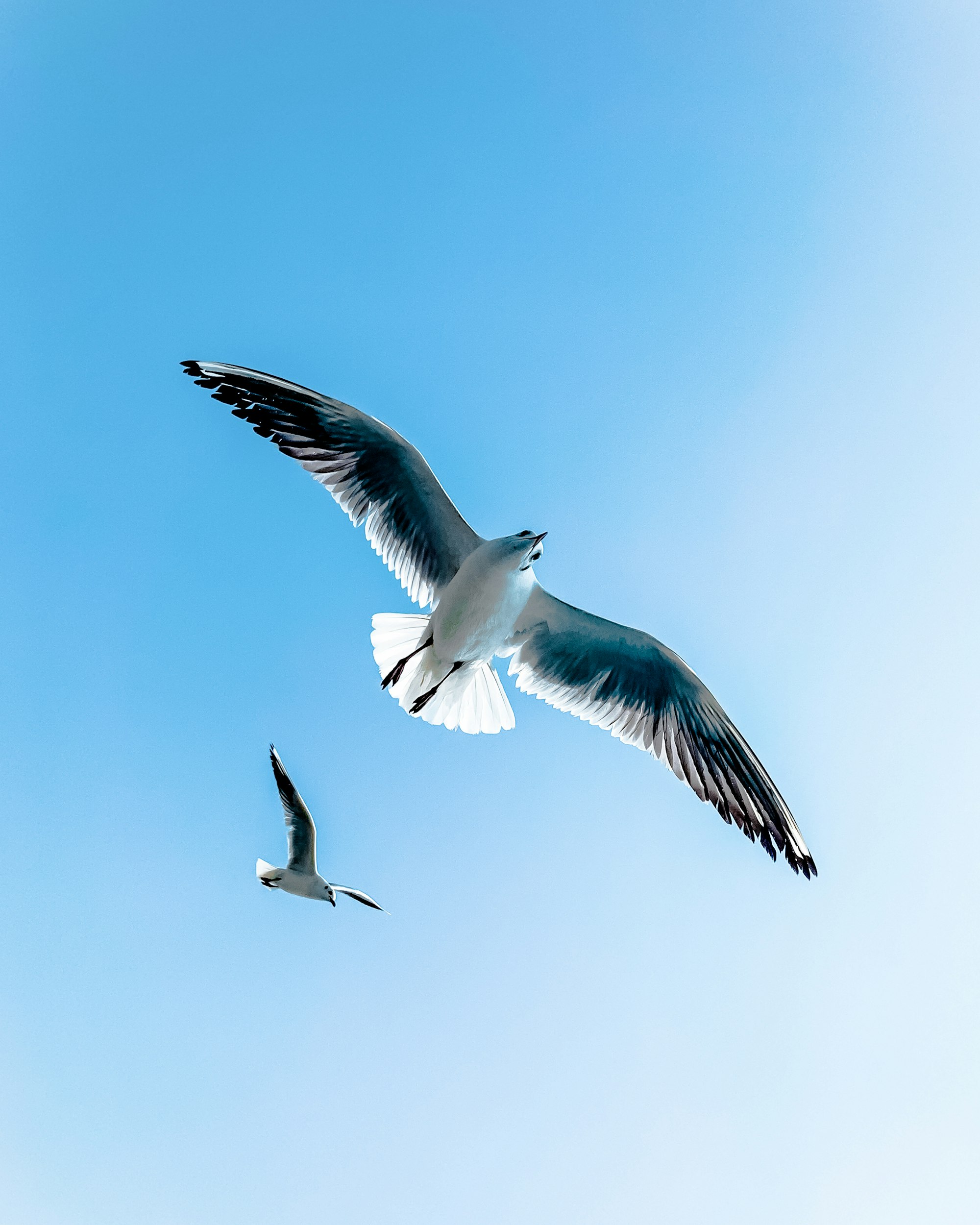Li-Young Lee, "One Heart"
Li-Young Lee's "One Heart" commands us to "[l]ook at the birds."

Li-Young Lee's "One Heart" commands us to "[l]ook at the birds." It aims to encourage, teach, and communicate wonder. The poem takes phrases we've heard too often–"out of nothing," "[the power] is inside you"–and makes them newly inspiring.
"One Heart" is able to do all this because it is serious about freedom. I've run into a number of people recently who are eager to tell me that America is about freedom but can't quite explain how they are or aren't free. They can name-drop rights, but how those rights evolved and what they mean for our everyday lives are a mystery. Unfortunately, I have encountered a few who only define freedom as something others lack or are in denial about.
"One Heart" addresses this with an evergreen contention: "The work of wings / was always freedom, fastening / one heart to every falling thing."
One Heart Li-Young Lee Look at the birds. Even flying is born out of nothing. The first sky is inside you, open at either end of day. The work of wings was always freedom, fastening one heart to every falling thing.
Why should we look at the birds? When I first read this poem, I thought about fear of failure–how birds have to be willing to fall to fly. I still think that theme matters. After all, fear of failure prevented me from embracing the power I had at times, and as a result I felt anything but free.
But now I'm focused on the first three lines as a whole: "Look at the birds. Even flying / is born / out of nothing." "[O]ut of nothing." I remember being most scared of failure when I thought I had nothing else. I wasn't complaining, but I couldn't help but be a bit angry. You need resources and options to start anything. Having one shot to do something is horrible. What if, though, that one shot would let you fly?
That's what I had to learn, still have to learn. How do I find what powers I have when I feel I have none? How do I make the most of an opportunity while accepting it might not work? What's at stake is a personal conception of freedom, but it has political resonance. Without it, the phrase "the pursuit of happiness" is a cruel joke. Only happiness that has been defined by others and ultimately given would be relevant in that case.
Your power is relative to what you want to accomplish, which renders "The first sky / is inside you, open / at either end of day" thematically but poorly. I mean, there's a sky inside you, and it defines the whole day. That has so much more impact than saying you have to think about what you believe you can do. It's more like whatever you choose to do, you're building a day. You're flying through it, but it could have sun and rain for others. There might be cities you fly back and forth from. What's wild is that when you consider a power you have that is invisible to everyone else–maybe it was even invisible to you!–you've got a chance to create a world.
What's wild is that this is an infinitely more serious conception of freedom than people telling you that college is a waste or that your brother who flips houses is making tons of money and you're not or that we need to support the dropping of endless bombs in order to feel free.
I can't help but think of "Look at the birds." Lee has created an ally for every reader. So many thrive on kicking others while they're down. So many who are punching down exactly when someone is trying to be successful. I can't help but think that this is what we're really teaching in this society, that freedom isn't real, that the only way you're winning is if someone's losing.
"The work of wings / was always freedom, fastening / one heart to every falling thing." There's no such thing as freedom without love. Not in any sense which we can use to live. Sure, you can have debates like the classics did about whether hedonists are truly free or play our game where clearly incendiary, useless speech is protected as "free." But real freedom means making a commitment, being willing to fall, and forging and "fastening / one heart."
